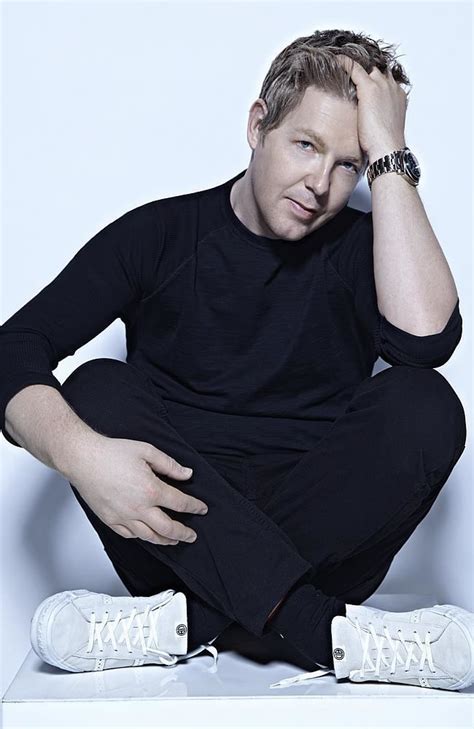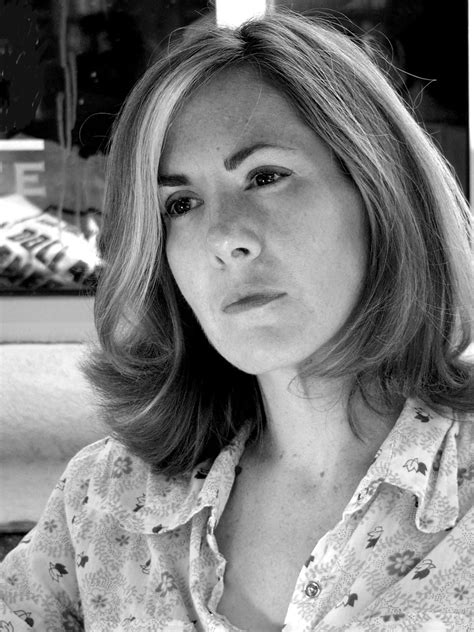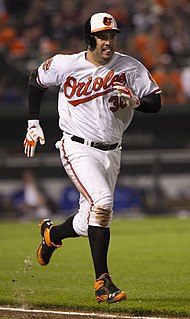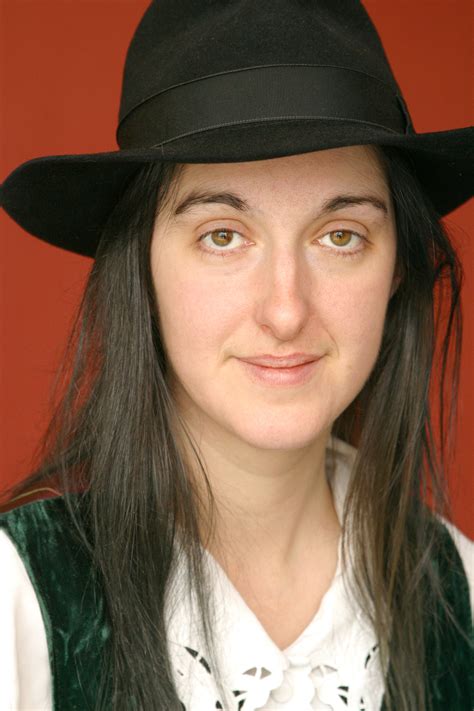A Quote by Naomi Alderman
Writers of feminist dystopian fiction are alert to the realities that grind down women's lives, that make the unthinkable suddenly thinkable.
Related Quotes
For a lot of women who don't go to college, or for a lot of women who aren't in New York or D.C. or someplace where there's like a large feminist organization they can get involved in, they may be doing feminist work, right, like locally or with a grassroots organization or in their own lives, but if they don't have that support system and if they don't have that availability to feminist language, I think we're missing out on something.
External realities - worlds of politics, economics, law, war, interpersonal and social relations - are part of prose fiction. Fiction also includes the realities of a character's interior language. Poetry can encompass the same realities, but in compressed, intensified language, which creates entirely different degrees of emotional force.
The war in Afghanistan was fought for feminist reasons, and the Marines were really on this feminist mission. But today, all the women in all these countries have been driven back into medieval situations. Women who were liberated, women who were doctors and lawyers and poets and writers and - you know, pushed back into this Shia set against Sunnis. The U.S. is supporting al-Qaeda militias all over this region and pretending that it's fighting Islam. So we are in a situation that is psychopathic.





































